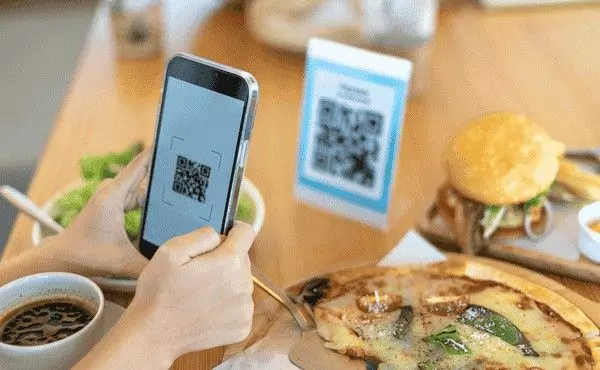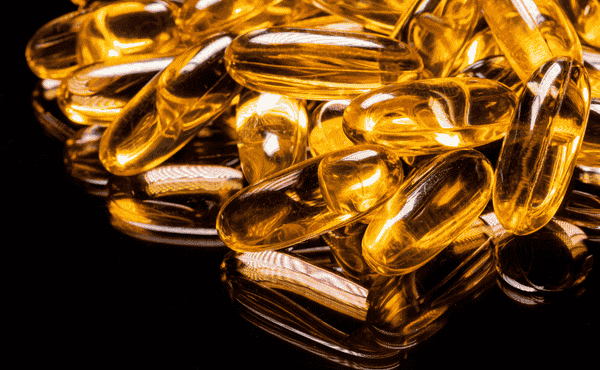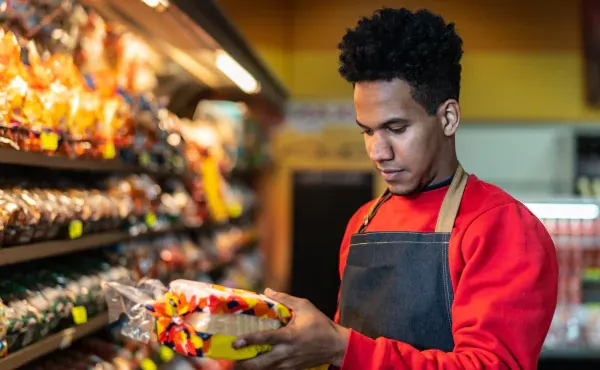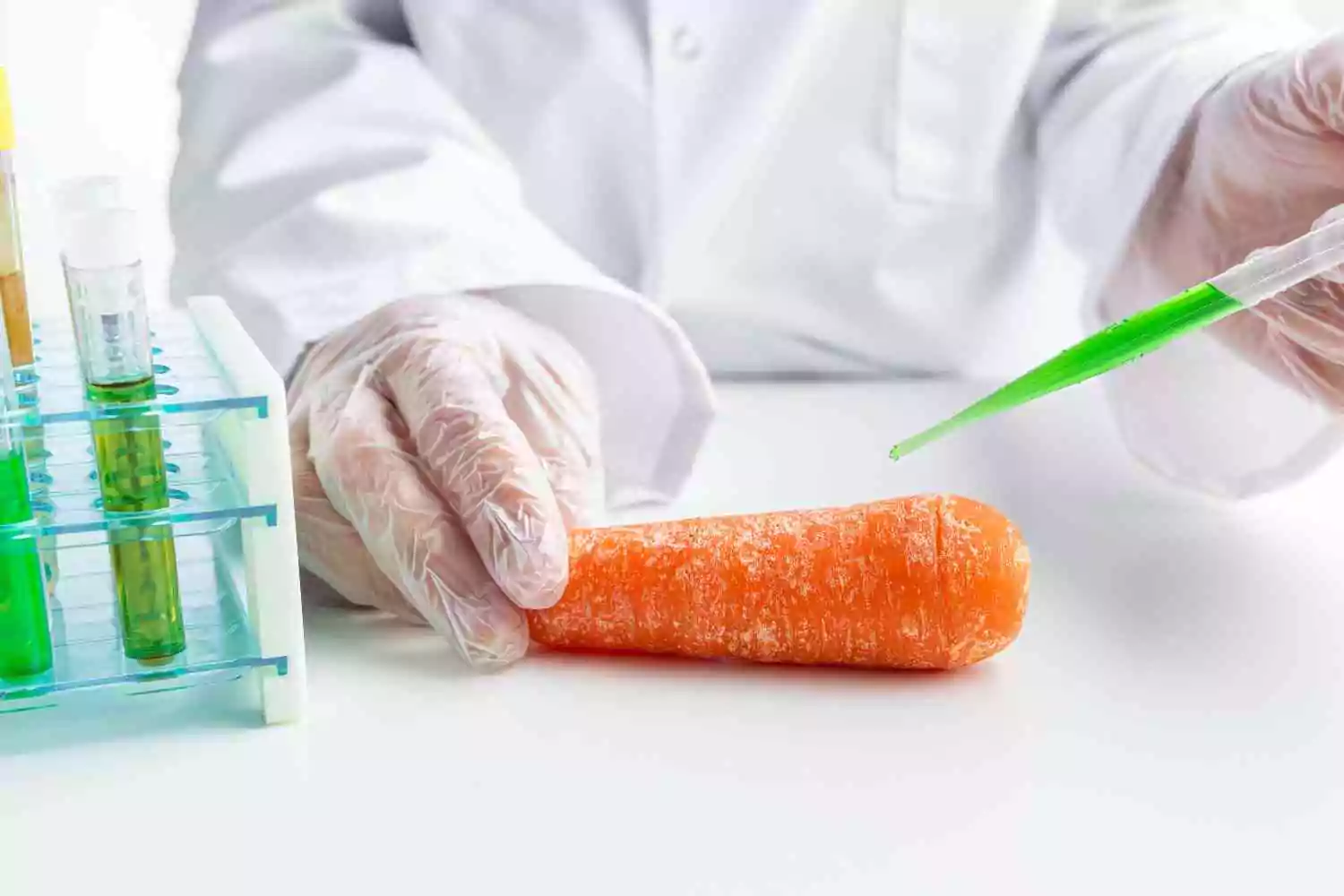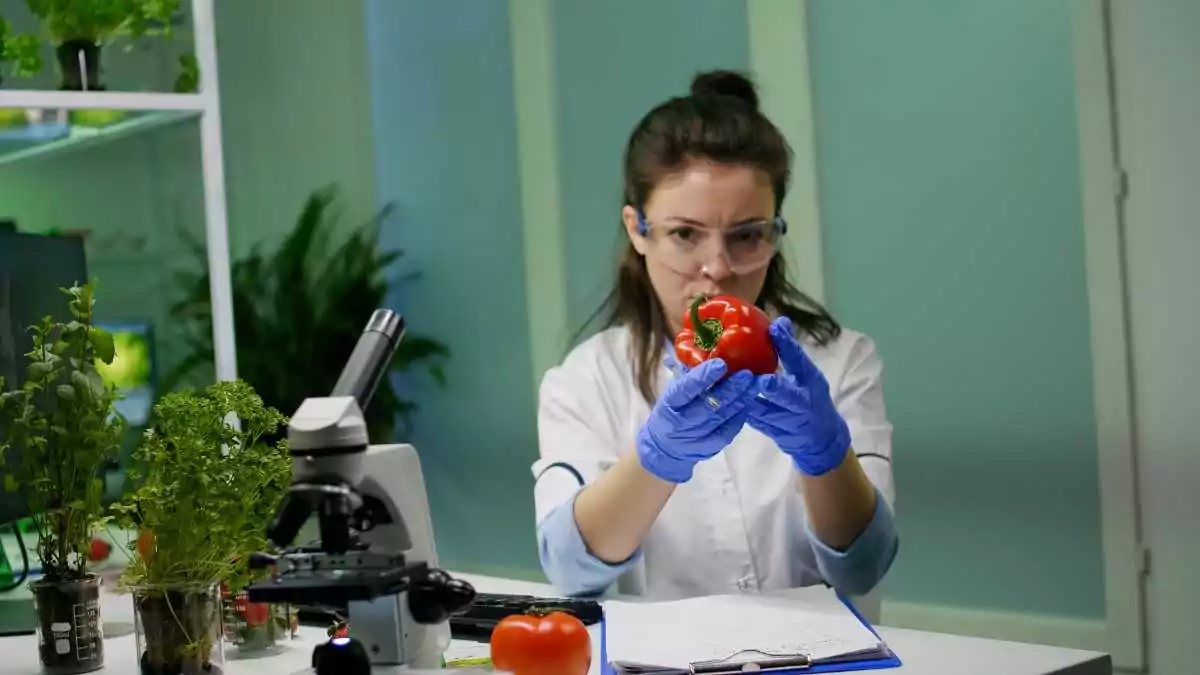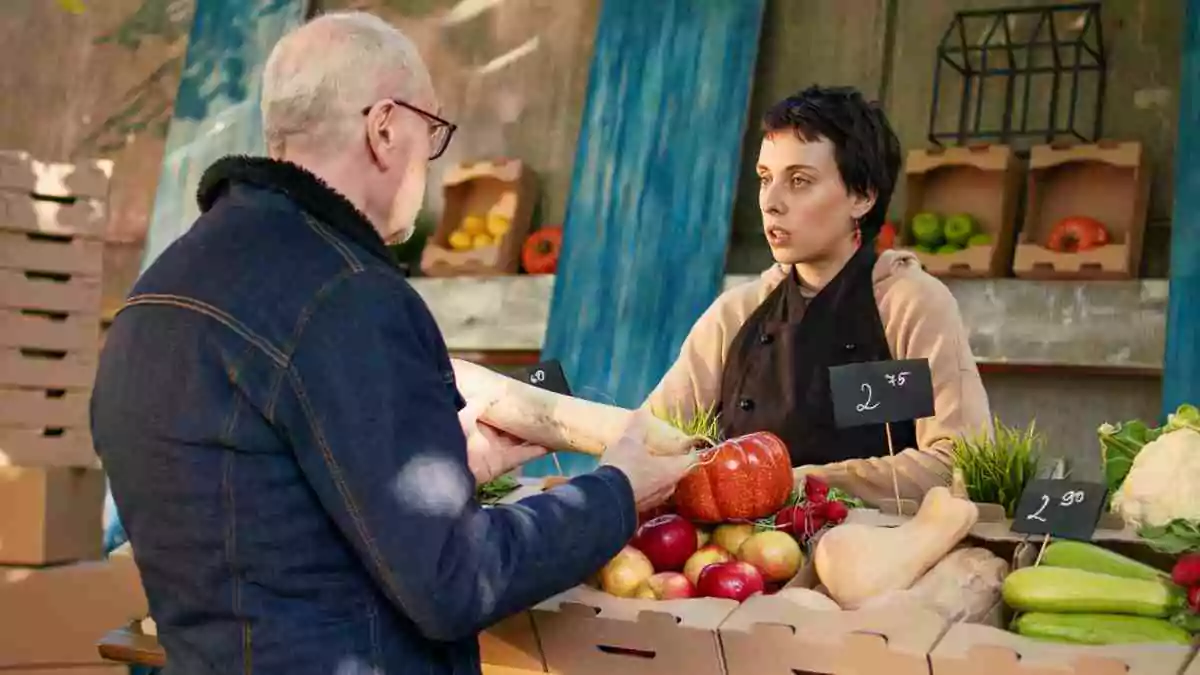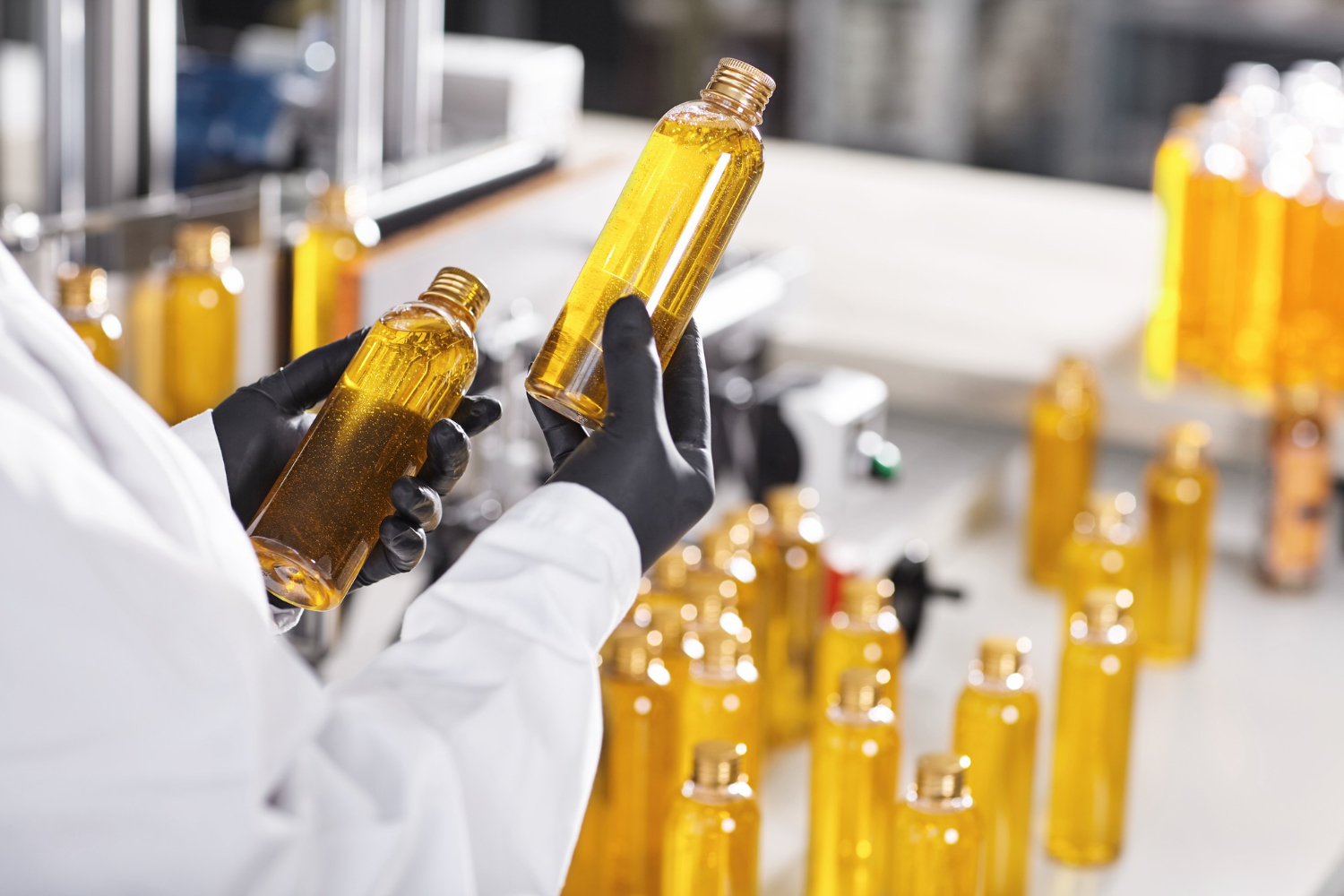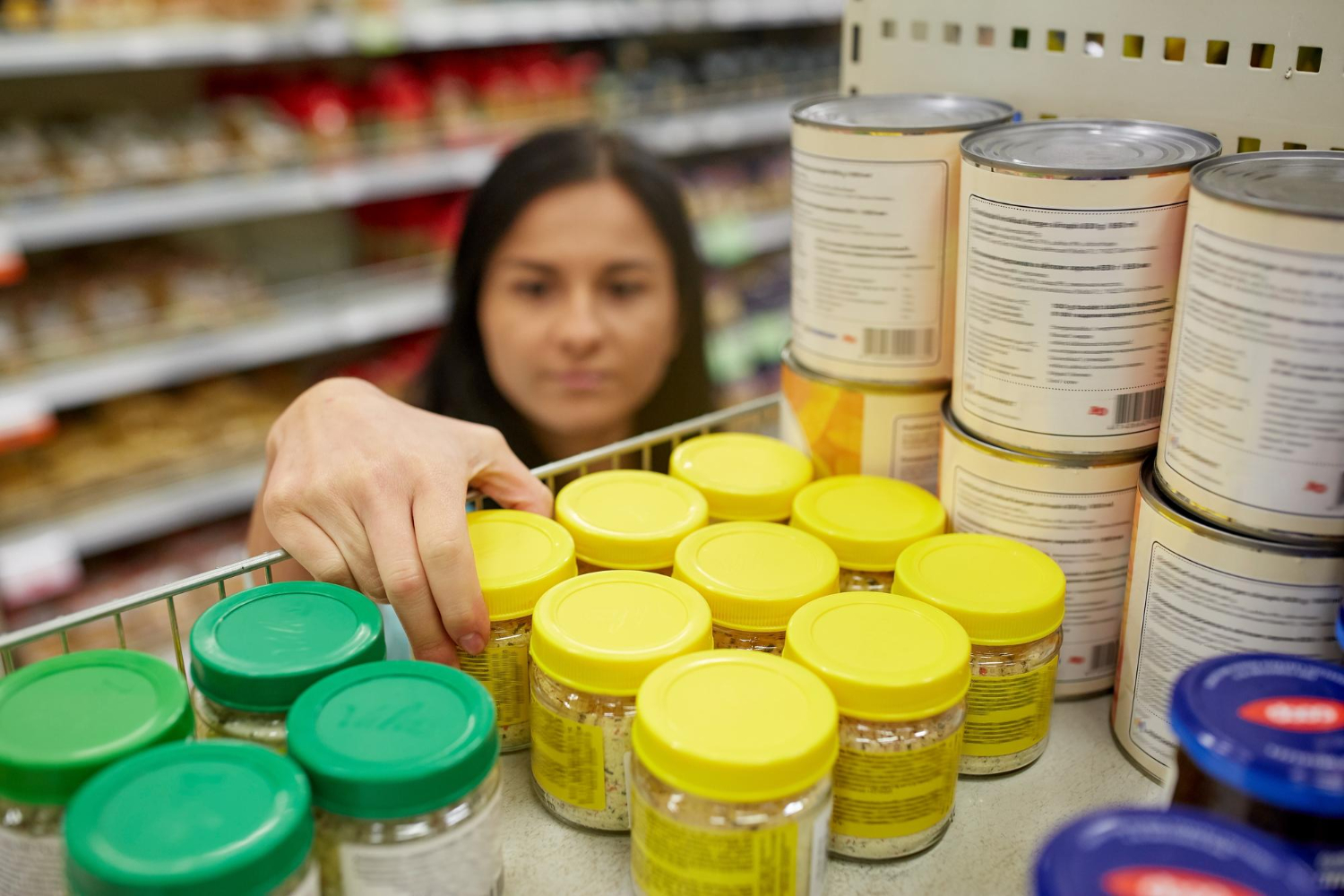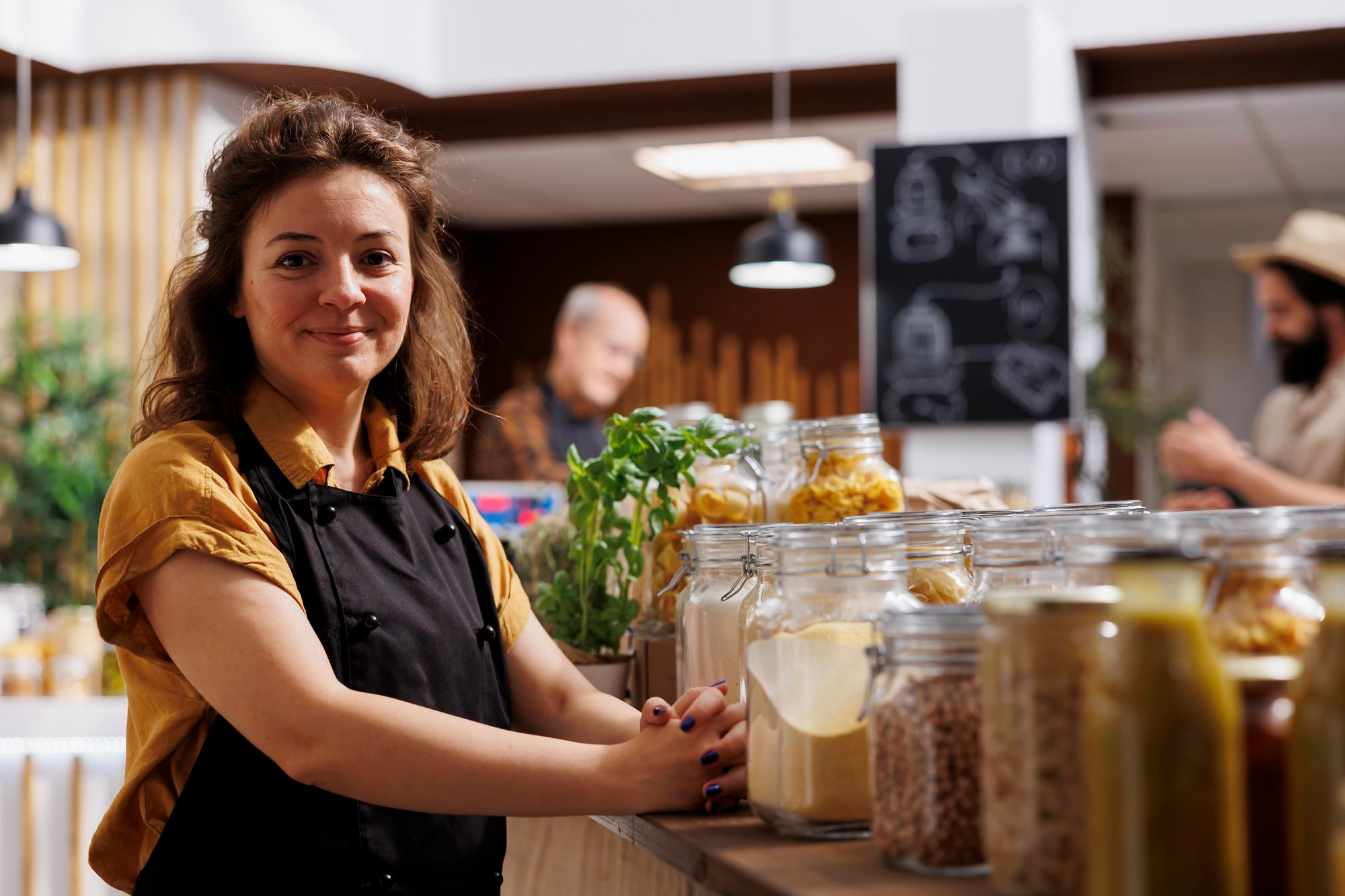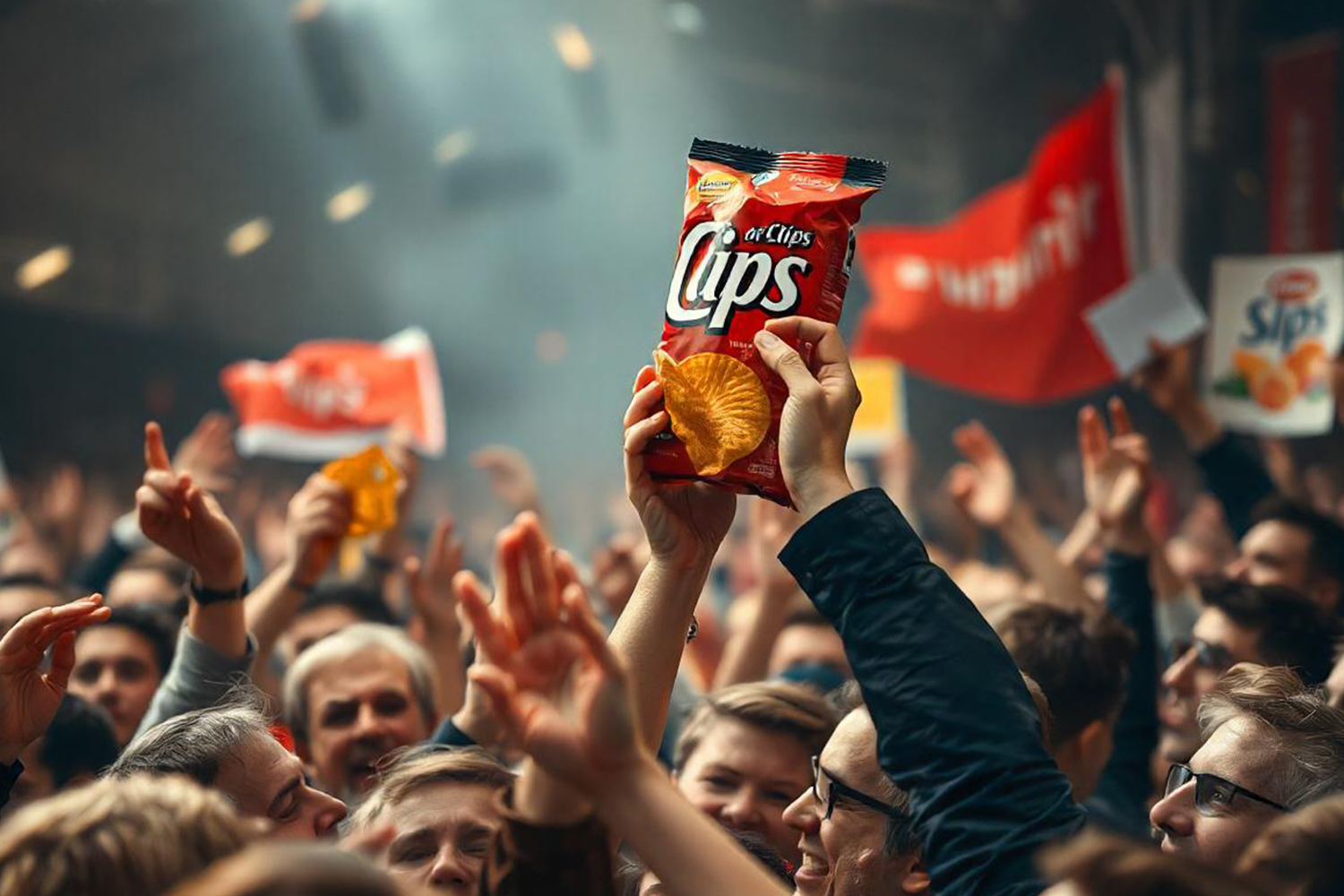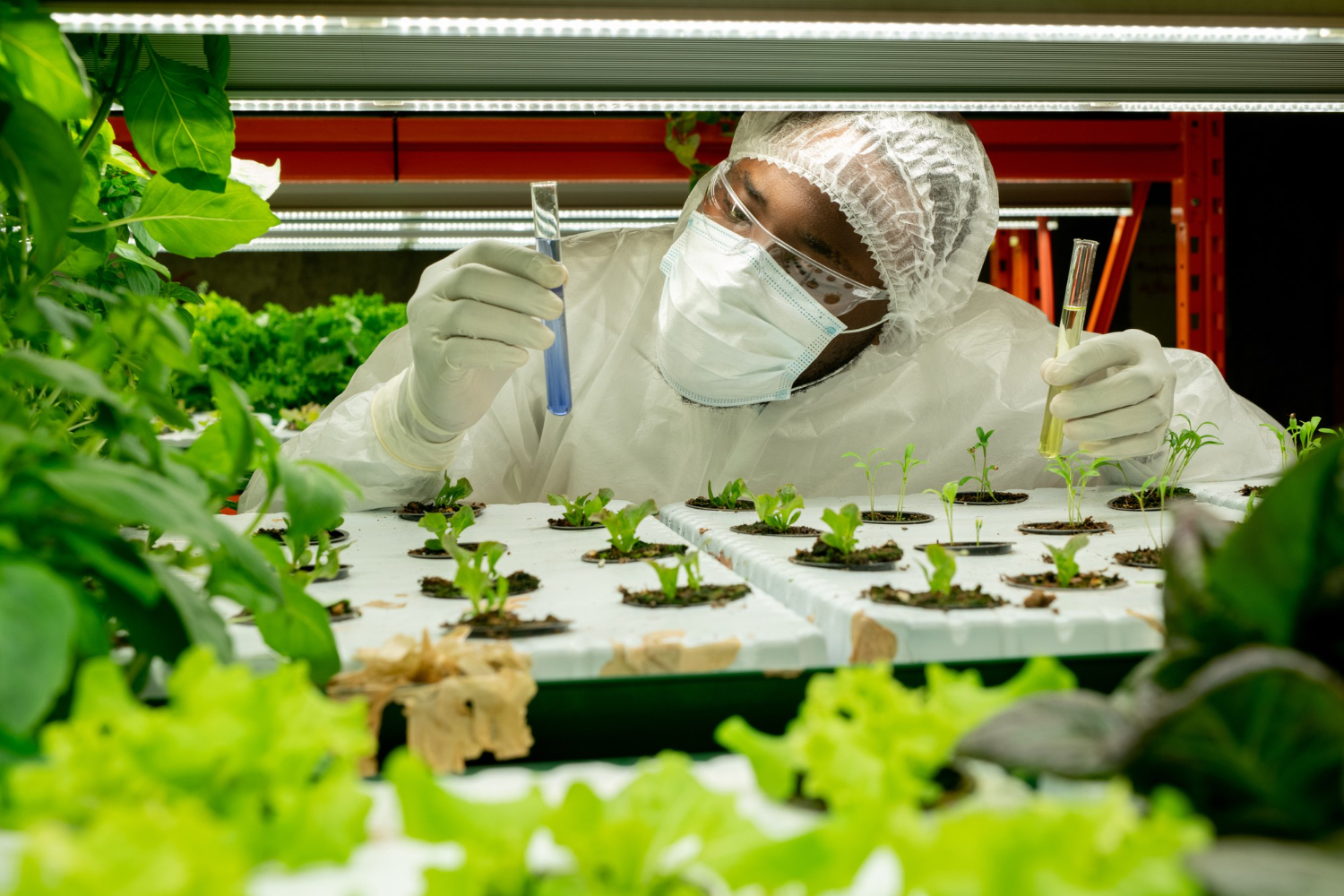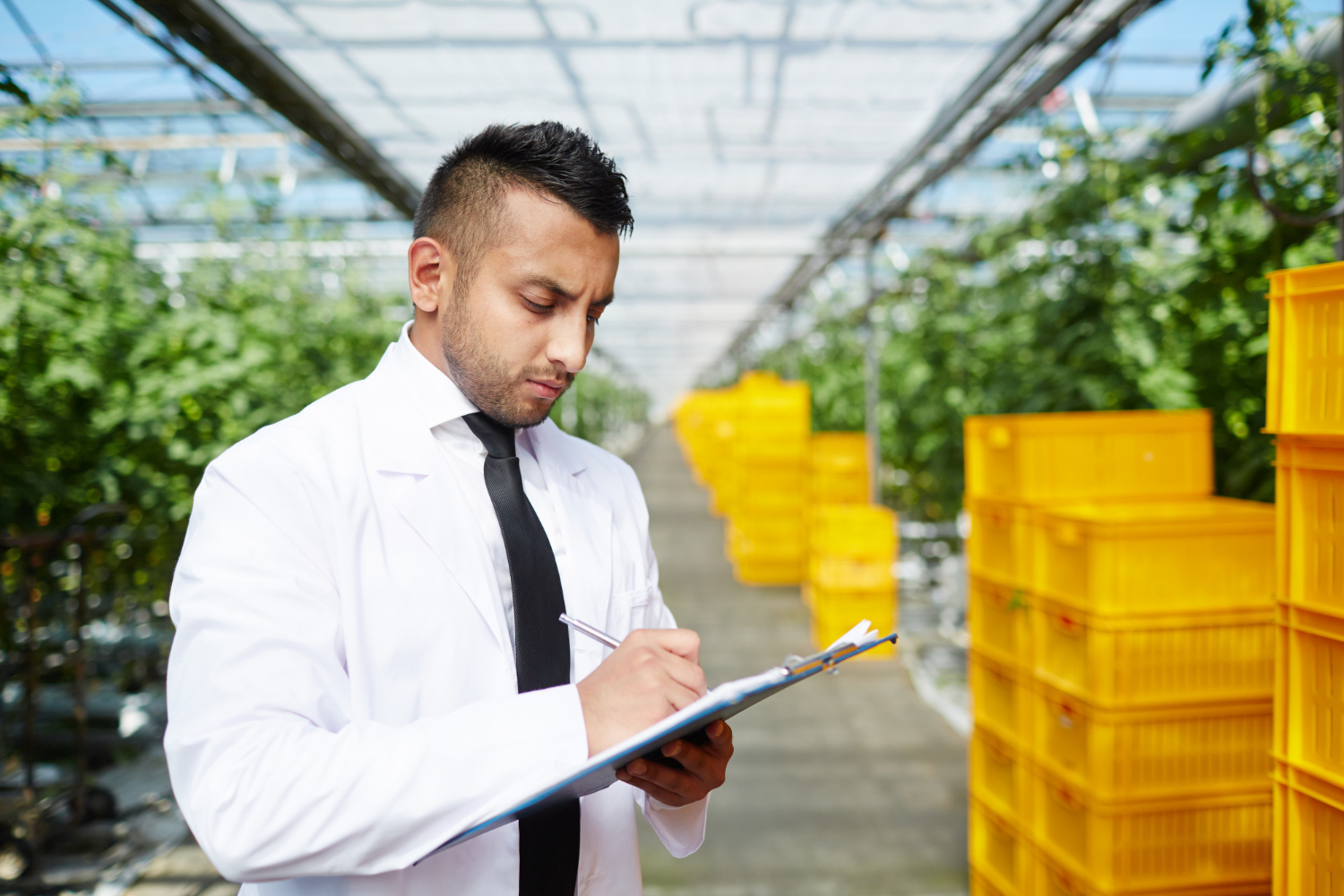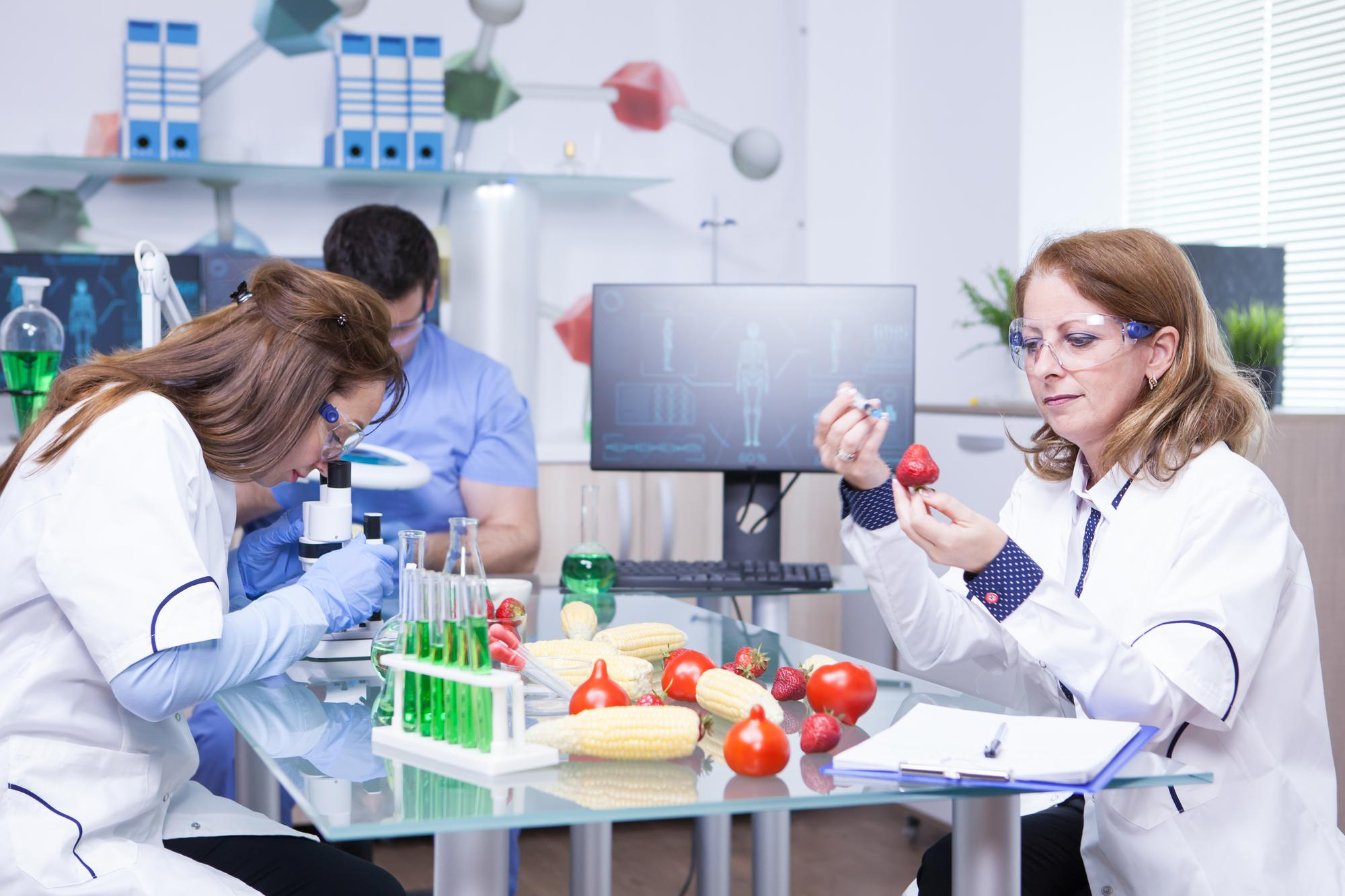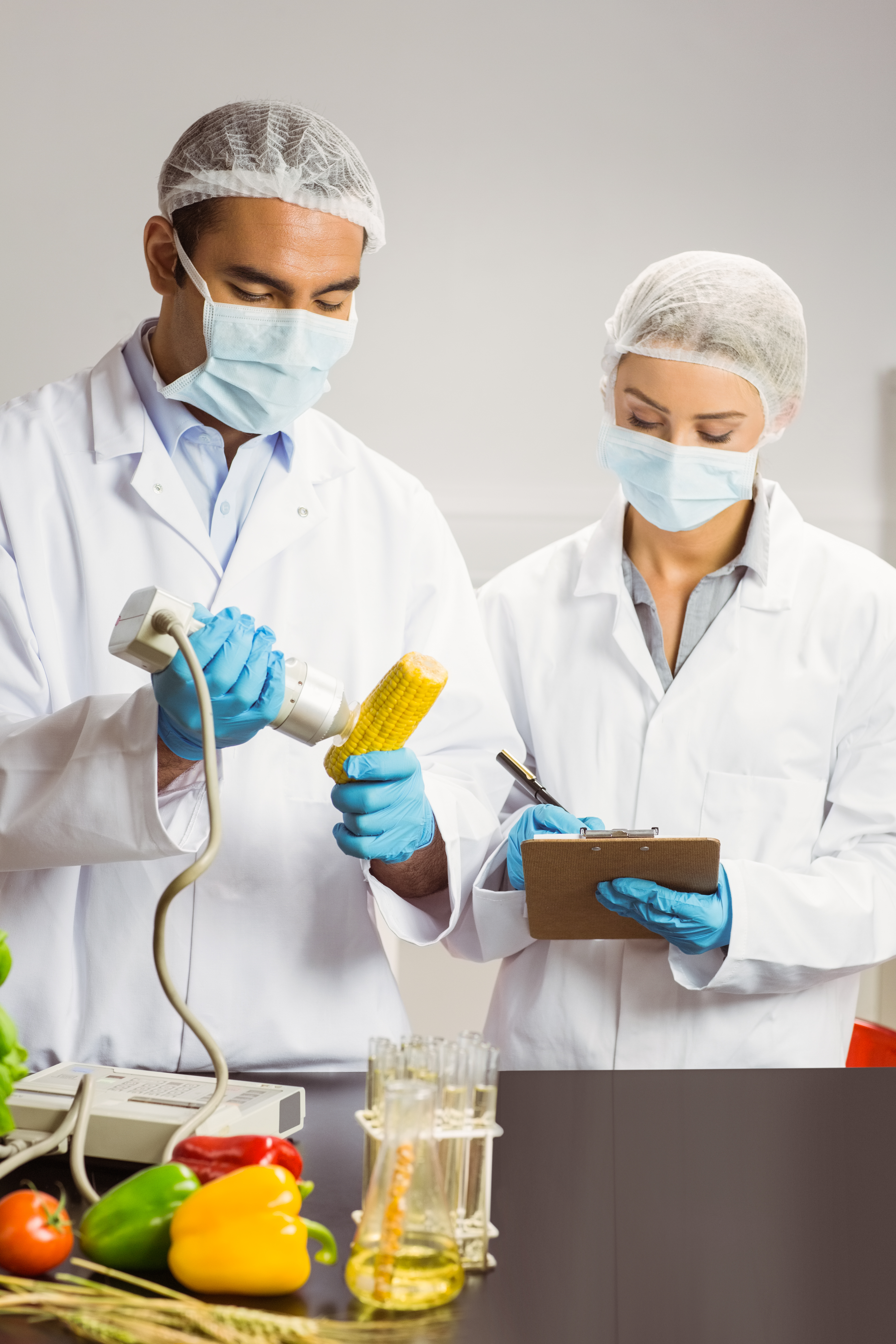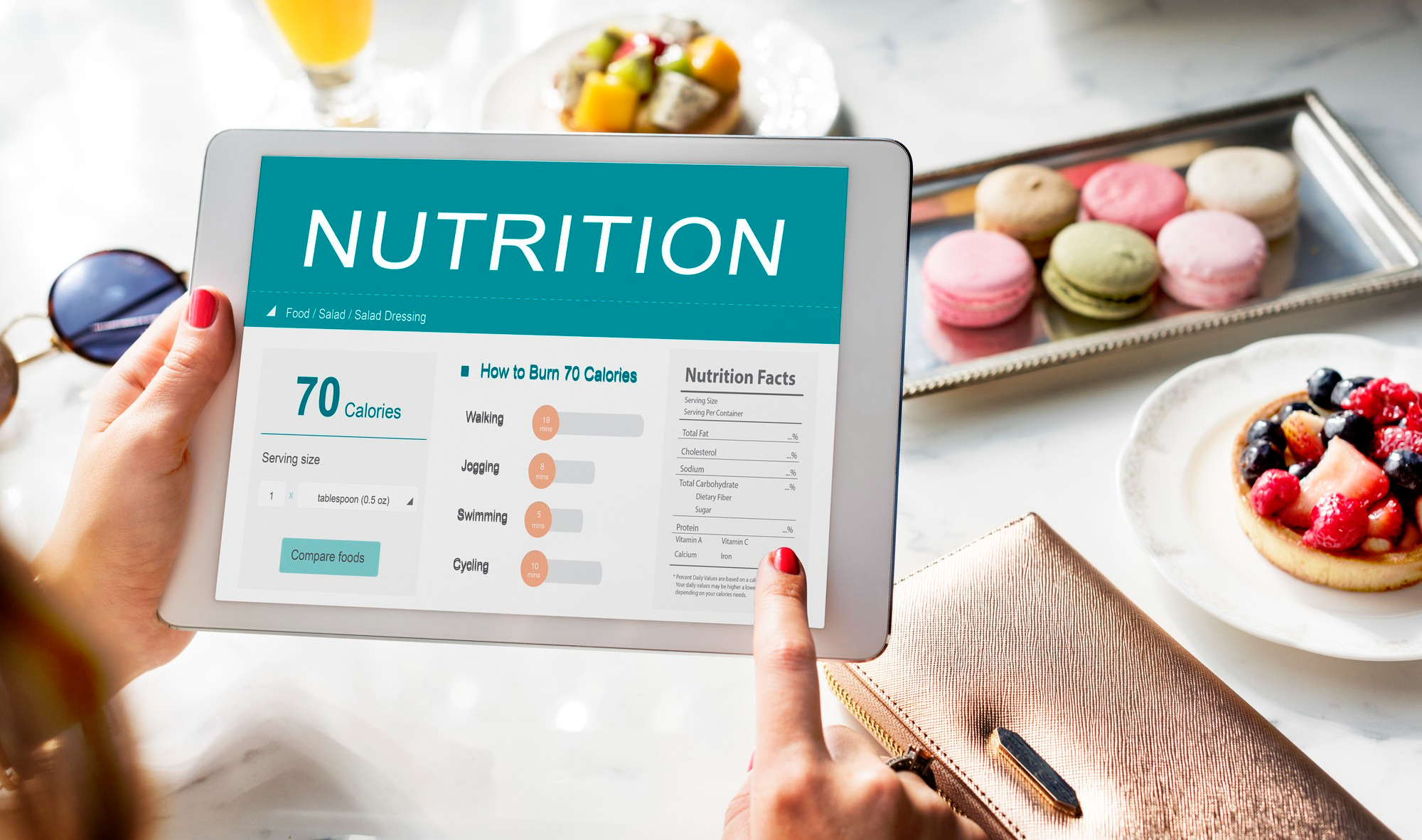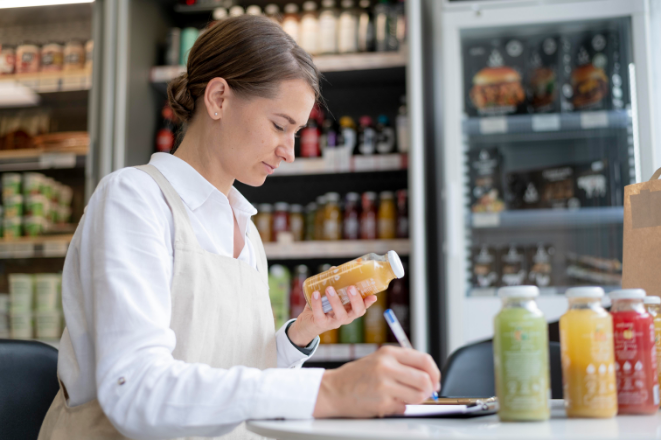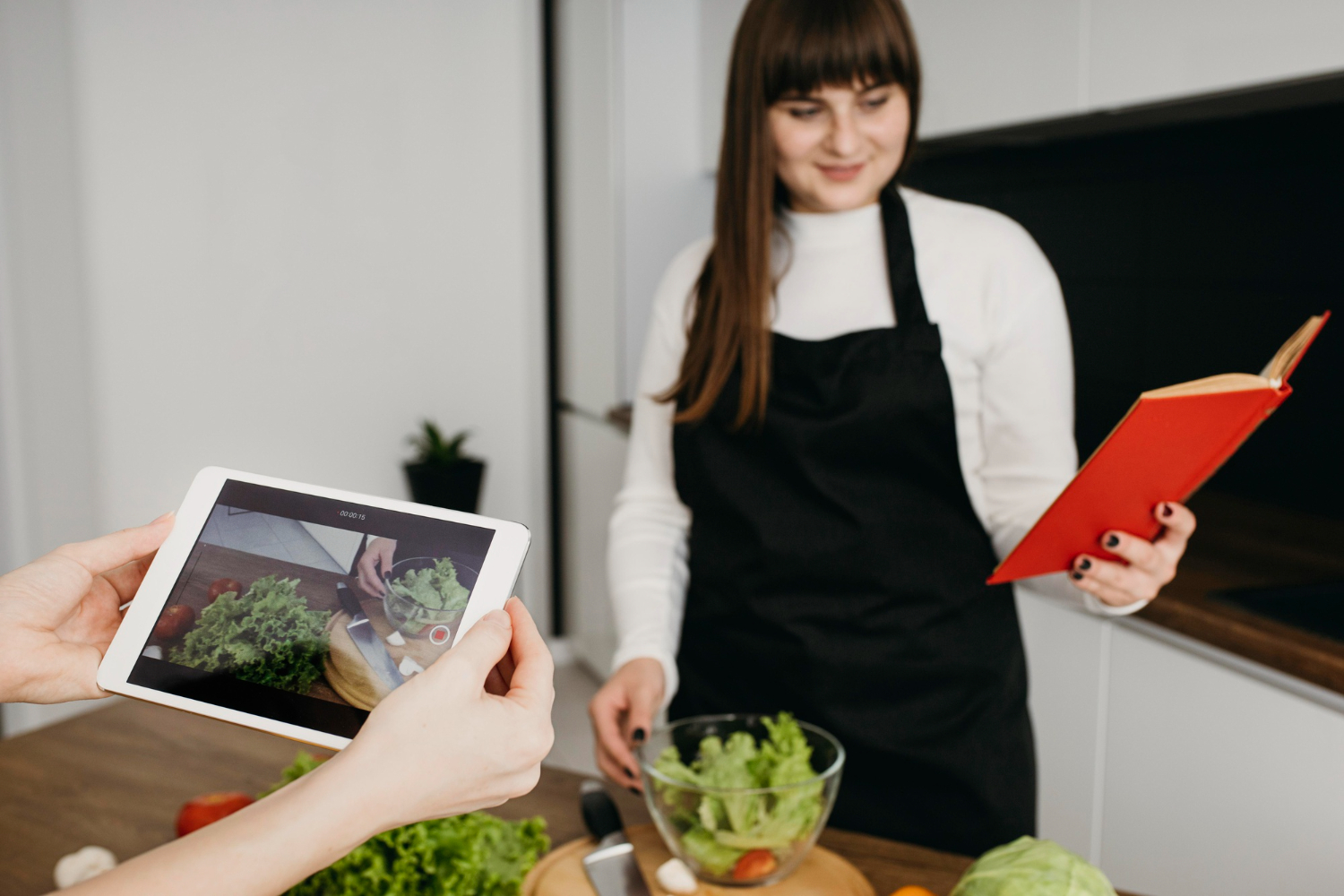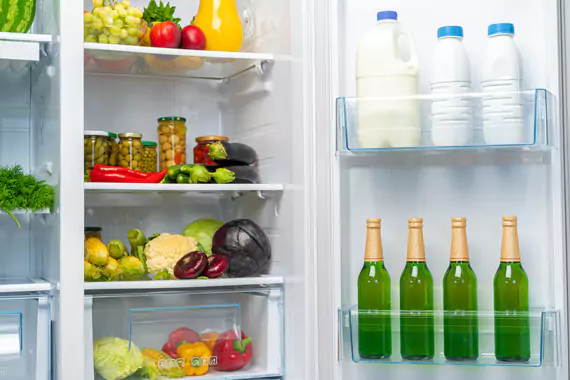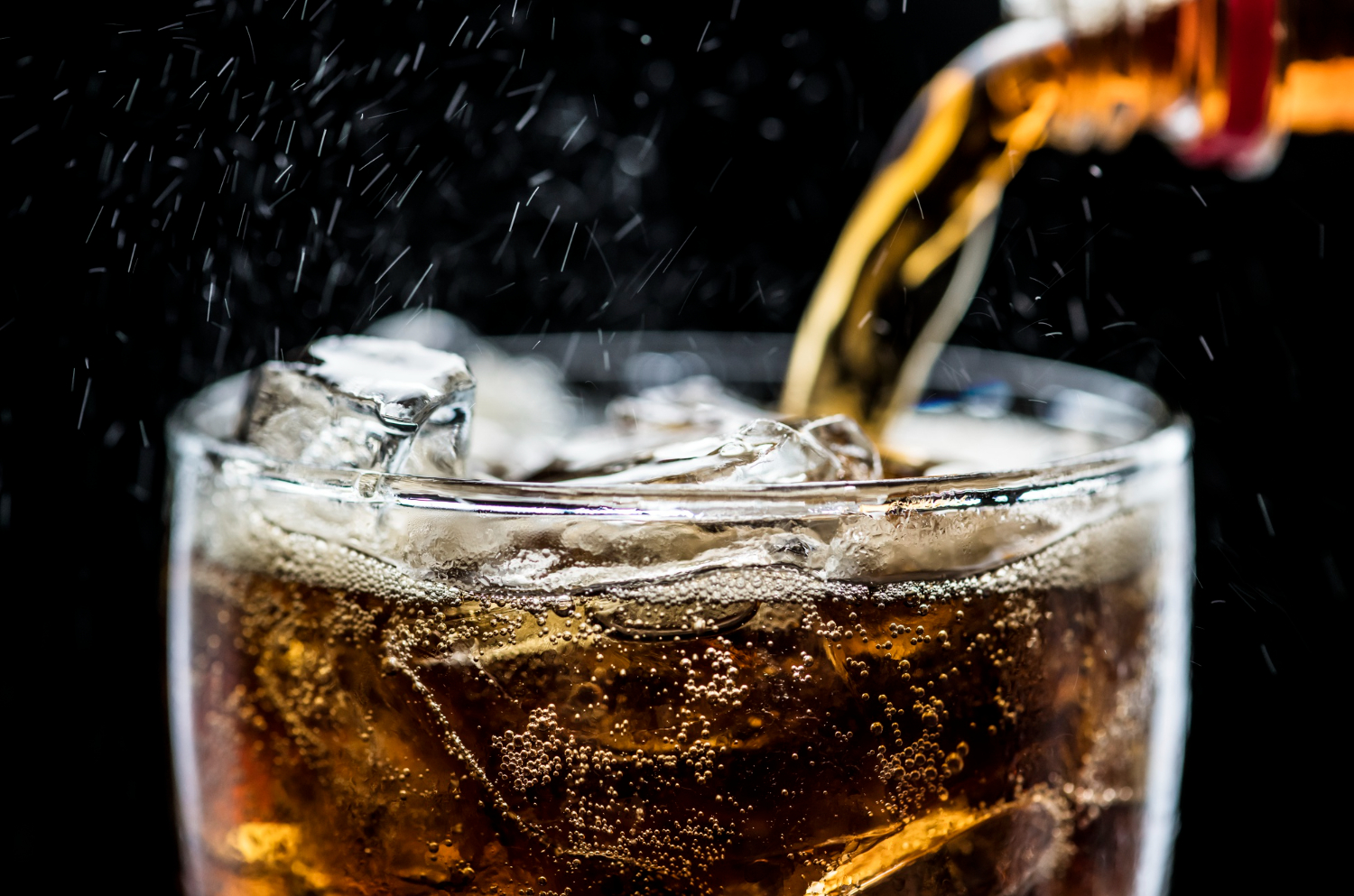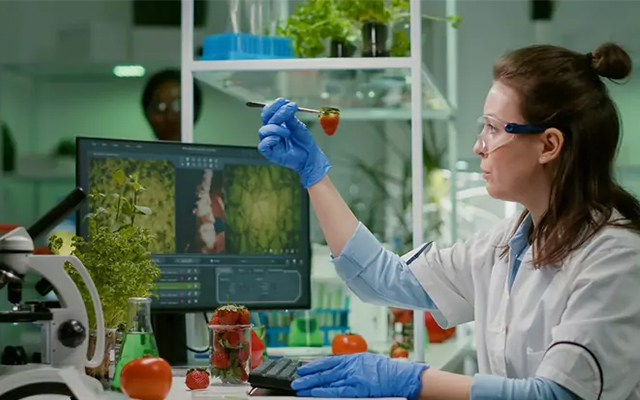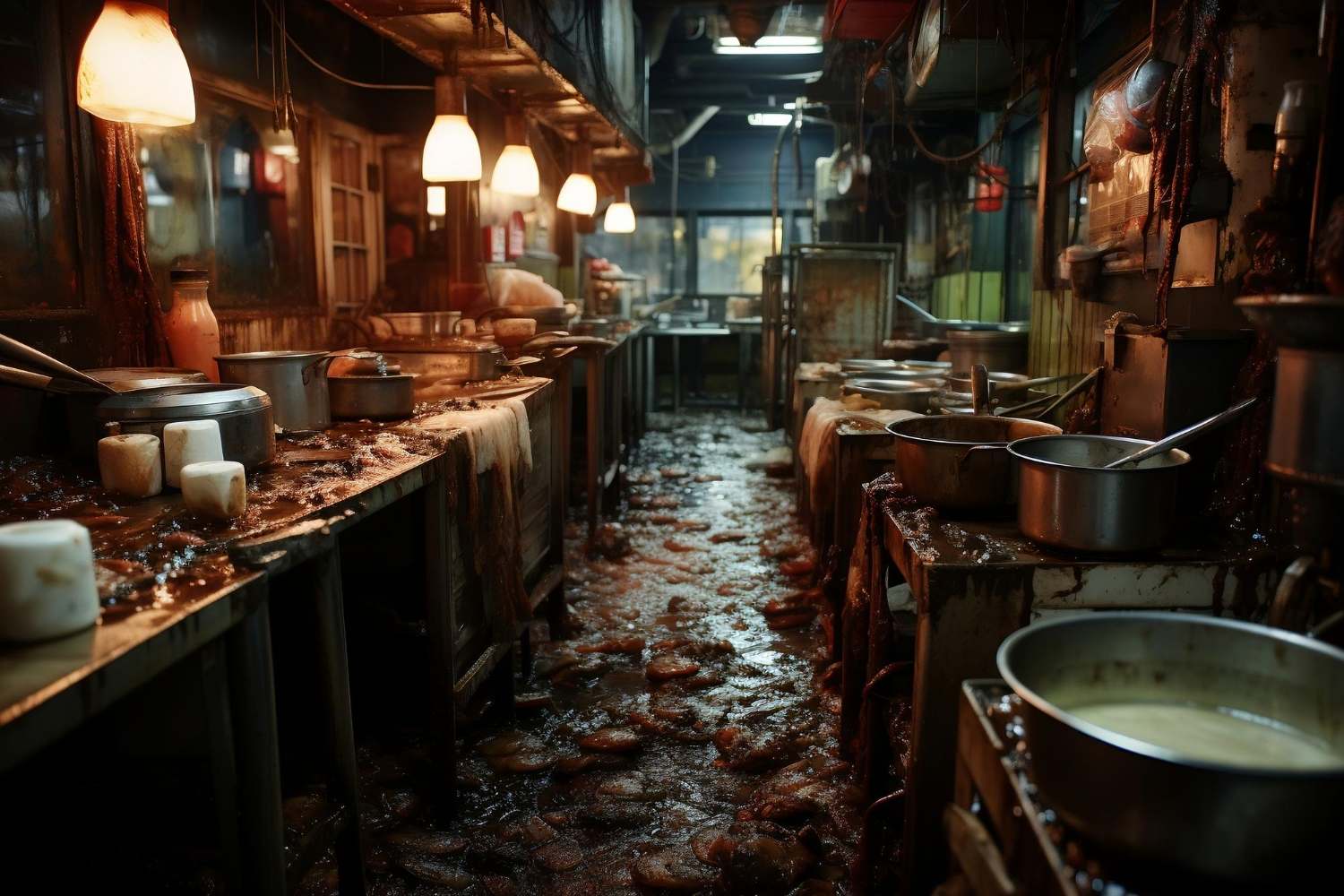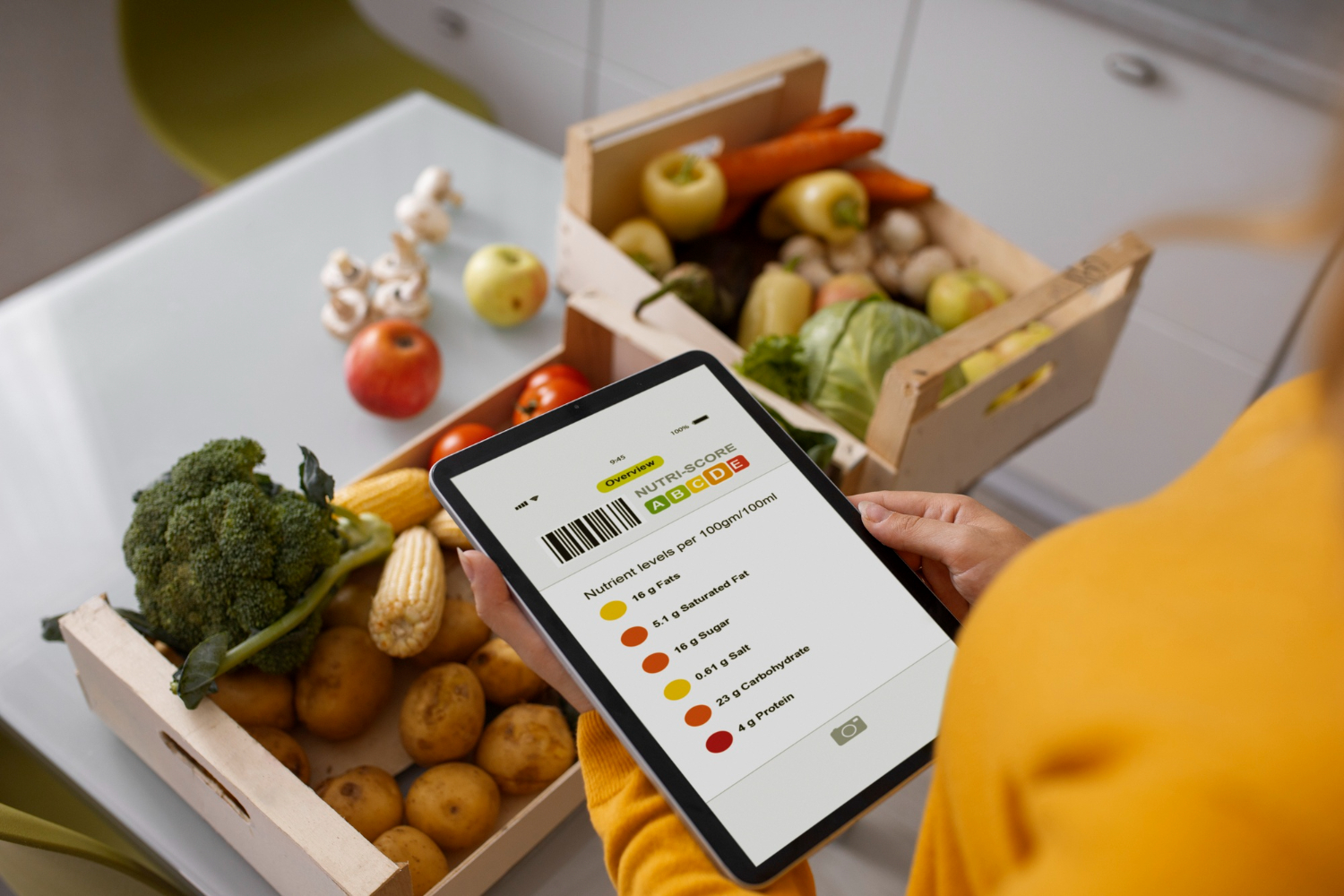Monsoon Food Poisoning: A Food Startup’s Worst Fear
Monsoon brings high food poisoning risks for food startups. Learn how to protect your brand, customers, and compliance during the rainy season.
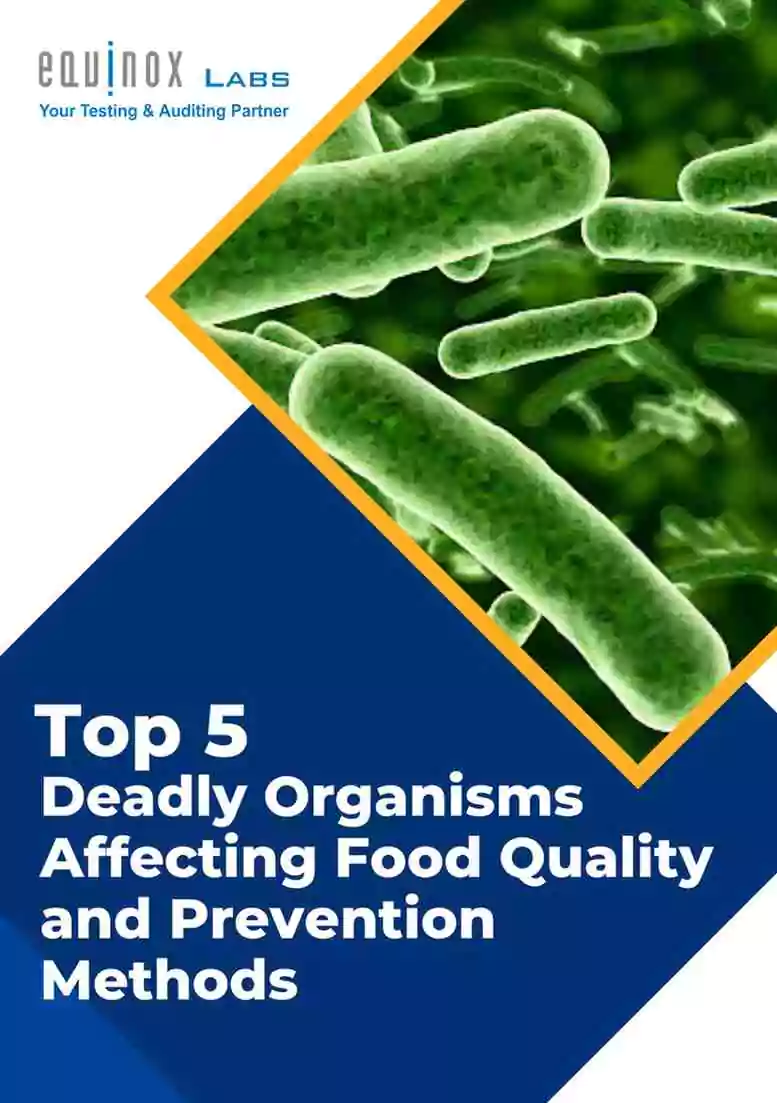
Top 5 Deadly Organisms Affecting Food Quality and Prevention Methods
A guide to identifying and controlling microbial threats in food.
Test Your Food Today – Free Download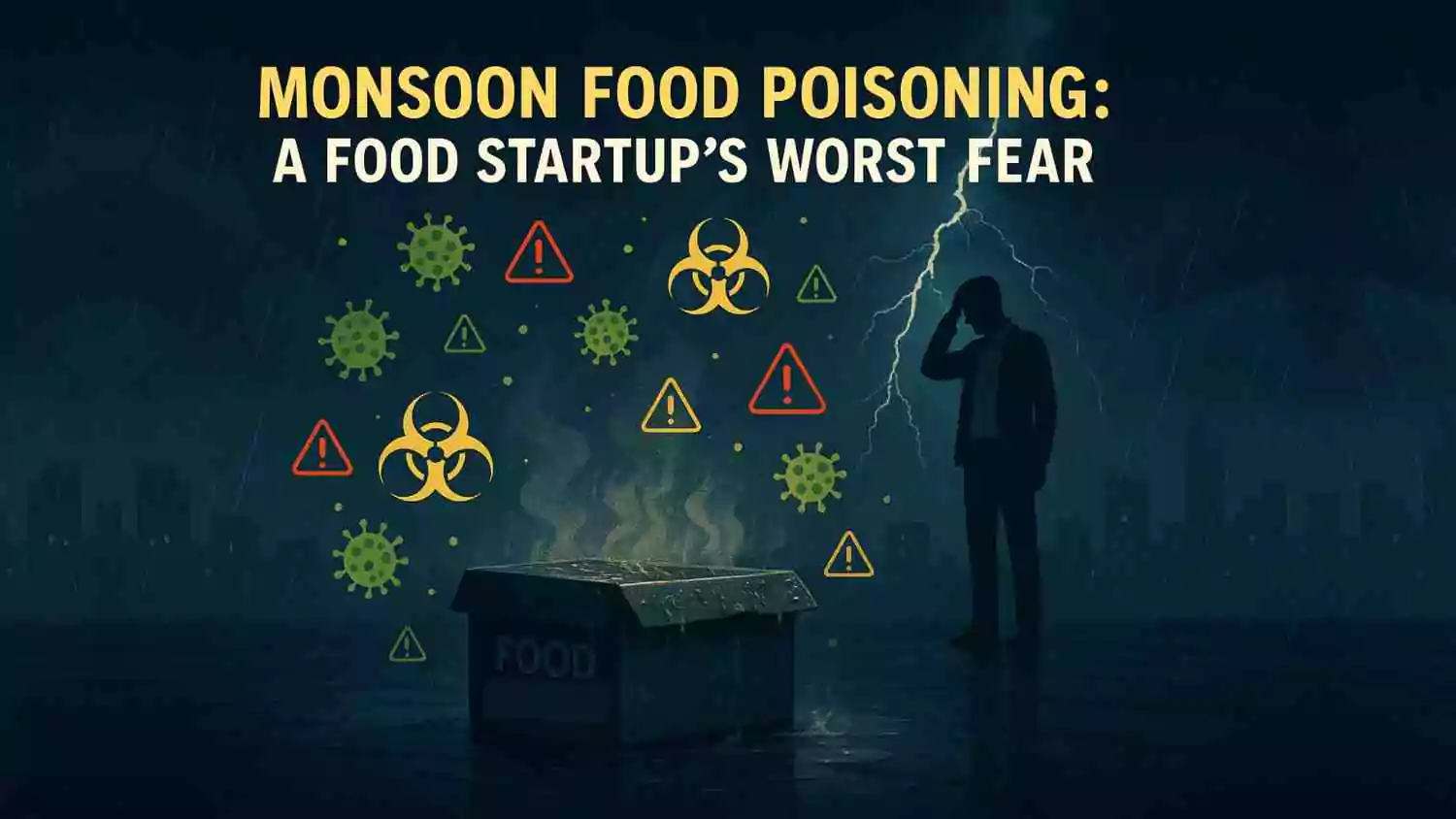
Monsoon brings relief from the scorching summer heat, but for food startups, it also opens the floodgates to a variety of food safety risks, especially food poisoning. Rising humidity, frequent water logging, erratic power cuts, and compromised hygiene collectively create a breeding ground for food-borne illnesses. For food founders and foodpreneurs, this season can make or break a brand’s credibility.
In this blog, we’ll explore how water safety, food contamination, and testing protocols play a vital role in managing monsoon-specific food safety threats. Whether you’re a cloud kitchen, QSR, or D2C packaged food brand, this guide is your practical map to preventing monsoon-triggered food illness outbreaks.
Why Food Poisoning Spikes During Monsoon?
The monsoon climate is an enabler for microbial growth. Increased moisture and fluctuating temperatures promote the proliferation of harmful bacteria, viruses, and fungi. Common pathogens responsible for food poisoning during this season include:
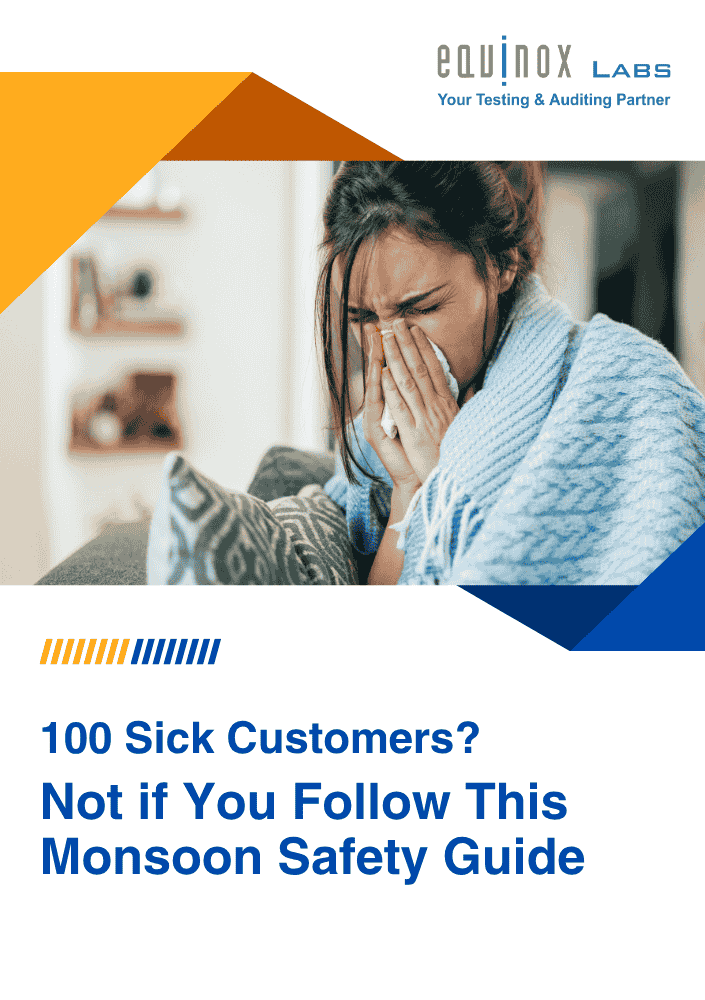
100 Sick Customers? Not if You Follow This Monsoon Safety Guide
Stay monsoon-ready with key tips on hygiene, safe storage, and food handling to prevent contamination and protect your customers.
Download the Guide & Protect Your Water- Salmonella
- E. coli
- Listeria
- Campylobacter
- Norovirus
These organisms contaminate food directly or indirectly, often via unsafe water, poor handling practices, or improperly stored perishables.
The Role of Water in Food Contamination
Water is integral to any food business. From washing raw materials and utensils to cooking and cleaning, water safety is non-negotiable. During monsoon, water sources, especially municipal and groundwater, often get contaminated due to runoff, sewage overflow, or leaky storage tanks.
This leads to:
- Cross-contamination of ingredients.
- Spread of food-borne illnesses.
- Reduced shelf life of products.
- Compliance risks with FSSAI and local health departments.
1. Water Testing: The First Line of Defence
For food startups, especially those scaling operations, water testing must become a routine hygiene check. Rainwater seepage and pipe leakages can alter the TDS, microbial load, and chemical composition of your water source.
Key Tests You Should Run:
- TDS & Hardness- for equipment safety and taste consistency.
- Microbiological testing-to detect bacteria like E. coli or Coliforms.
- Chemical testing- for contaminants like iron, lead, or nitrates.
Search terms like water testing labs near me or food testing labs near me can help you identify certified labs. Ensure the lab is NABL or FSSAI-approved for regulatory alignment.
2. Safe Drinking Water in Food Facilities
Not just for food preparation, but drinking water for staff and consumers must also meet BIS and FSSAI standards. A minor lapse in drinking water quality could lead to internal outbreaks, affecting employee health, brand trust, and even legal compliance.
Quick Checklist for Founders:
- Is your water storage tank cleaned monthly?
- Do you use an RO+UV purifier with regular maintenance?
- Do you test your water quarterly?
If not, you’re already running a monsoon risk.
3. Supply Chain Vulnerabilities in Monsoon
Even if your in-house hygiene is stellar, the monsoon weakens your supply chain:
- Wet packaging and transport can degrade perishable items.
- Suppliers may cut corners to meet demand.
- Packaging materials absorb moisture, affecting the integrity.
Quick Checklist for Founders:
- Audit your suppliers' food safety practices.
- Use insulated transport and secondary packaging.
- Reject deliveries with visible spoilage or damaged packaging.
4. FSSAI Guidelines for Monsoon Preparedness
The Food Safety and Standards Authority of India (FSSAI) issues periodic advisories for monsoon. Key takeaways relevant for food startups:
- Ensure all raw vegetables and fruits are washed in potable water.
- Maintain records of water and food testing.
- Avoid using raw sprouts or semi-cooked seafood during high humidity.
5. Hidden Sources of Food Contamination
Often, food poisoning isn’t caused by the ingredients, but by the process. Some overlooked culprits in monsoon include:
Quick Checklist for Founders:
- Damp dish towels harbor bacteria.
- Unclean AC ducts or exhaust fans dripping condensation.
- Reusable plastic crates with waterlogging.
- Standing water near garbage zones.
Train your kitchen staff to identify and report these red flags daily.
6. Food Startup Case Studies: When Food Poisoning Hits
Case 1: Cloud Kitchen Outbreak
A Mumbai-based food startup faced a severe crisis in July when over 30 customers reported nausea after consuming pasta. Investigation revealed microbial contamination from untested borewell water used in sauce prep. The incident resulted in a 10-day shutdown and loss of online listing privileges.
Case 2: D2C Brand Recall
An artisanal pickle brand in Delhi had to recall an entire batch during monsoon after discovering fungal growth inside sealed jars. Moisture in glass caps and improper sealing in a humid environment led to the problem. They faced hefty losses in refunds and reputation.
Lesson: Prevention is always cheaper than recall.
7. Testing Beyond Water: Food Testing Labs for Safety Assurance
While water testing is crucial, food testing labs can provide a broader safety net. Regular microbial testing of ready-to-eat food, raw material swabs, surface swabs, and packaging can detect early signs of contamination.
Look for labs that offer:
- FSSAI-compliant food testing services
- Shelf life studies
- Swab analysis
- Packaging migration studies
Search for terms like food testing labs and partner with labs that provide actionable reports, not just raw data.
8. Train Your Team Like a Pro
A safe food brand is built by well-trained people. Equip your team with FOSTAC-certified training programs on hygiene and safety. During monsoon, increase the frequency of:
- Handwashing and glove-changing protocols
- Temperature logs for cold storage
- Pest control and fly-proofing
A strong food safety culture isn’t just regulatory, it’s strategic.
9. Documentation: Your Shield in Crisis
If you ever face a food poisoning allegation, your best defense isn’t just quality, it’s documentation.
Keep the following updated and accessible:
- Water and food test reports
- Vendor hygiene certifications
- Internal audit records
- Staff training attendance sheets
FSSAI inspectors look for a trail. A well-documented process can help you retain your license even during complaints.
10. What the Smartest Food Founders Are Doing
Leading foodpreneurs treat monsoon as a seasonal risk vertical. Here’s what they’re doing differently:
- Running surprise hygiene audits bi-weekly.
- Stocking up on water-safe packaging.
- Investing in air dehumidifiers.
- Partnering with NABL-accredited water testing labs.
- Taking proactive consumer communication measures around hygiene practices.
Build Monsoon into Your Brand Strategy
If you’re a food startup founder, monsoon isn’t just a weather change—it’s a stress test for your operations. A single food poisoning incident can shatter consumer trust, dilute brand equity, and invite regulatory action.
By proactively investing in water testing , team training, and process control, you’re not just avoiding illness; you’re building resilience. Make monsoon your moment of differentiation, not devastation.
Where to Start?
Many food startups across India partner with accredited testing laboratories like Equinox Labs, which specialize in comprehensive food and water testing services. With expertise in microbiological analysis, FSSAI compliance checks, and shelf-life studies, labs like Equinox can help you build a robust food safety system tailored to seasonal challenges like monsoon.
Pro Tip:
Search “water testing labs near me” or “food testing labs near me” and build long-term relationships with reliable partners. They’re not a cost, they’re a safety net.
Don’t Wait for a Food Poisoning Scare. Test Now.
Get your water and food samples tested by experts at Equinox Labs. NABL & FSSAI-approved | Sample Pick-up Available

